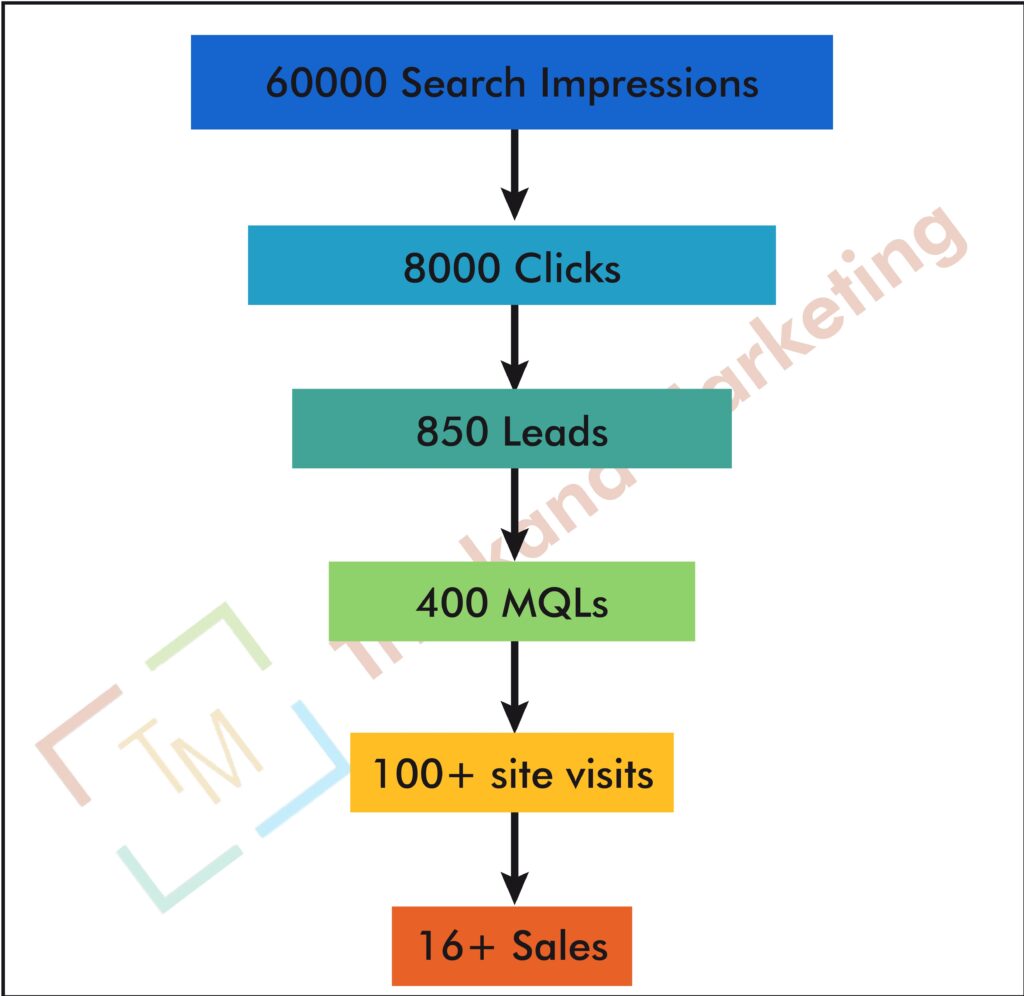The Foundation of SEO Success
“Optimizing your website for search engines is more than a strategy—it’s the foundation of your digital presence.”
Search engine optimization (SEO) is crucial for driving organic traffic and increasing visibility in search engine results. This guide will walk you through the essential steps to optimize your website, ensuring it ranks well and attracts more visitors.
-
Conduct Thorough Keyword Research
“Keywords are the compass guiding users to your content. Choose wisely.”
Keyword research is the cornerstone of effective SEO. Identifying the right keywords helps you understand what your audience is searching for and tailor your content to meet those needs.
Key Actions:
- Use tools like Google Keyword Planner, SEMrush, and Ahrefs to find relevant keywords.
- Analyze search volume, competition, and user intent for each keyword.
- Create a list of primary and secondary keywords to target in your content.
-
Optimize On-Page Elements
“On-page optimization ensures your content is search-engine friendly and user-focused.”
On-page SEO involves optimizing individual pages to rank higher and earn more relevant traffic. Focus on the following elements to enhance your on-page SEO:
Key Actions:
- Title Tags: Craft unique, keyword-rich titles for each page, keeping them under 60 characters.
- Meta Descriptions: Write compelling meta descriptions that include primary keywords and entice users to click.
- Headers: Use header tags (H1, H2, H3) to structure your content and include relevant keywords.
- URL Structure: Create clean, descriptive URLs that reflect the content of the page and include keywords.
- Alt Text: Add descriptive alt text to images, incorporating keywords to improve search engine visibility.
-
Enhance Website Structure and Navigation
“A well-structured site is easy to navigate and helps search engines understand your content.”
A clear and logical website structure improves user experience and helps search engines crawl and index your site effectively.
Key Actions:
- Create a Sitemap: Generate an XML sitemap to guide search engines through your site’s structure.
- Use Internal Linking: Link to relevant pages within your site to distribute page authority and enhance navigation.
- Optimize Navigation Menus: Ensure your navigation menus are user-friendly and include key pages.
-
Improve Page Load Speed
“Speed matters—fast-loading pages keep users engaged and boost your SEO rankings.”
Page load speed is a critical factor for both user experience and search engine rankings. Slow-loading pages can lead to higher bounce rates and lower rankings.
Key Actions:
- Optimize Images: Compress images and use the appropriate file formats.
- Enable Browser Caching: Use caching to store static resources and reduce load times for returning visitors.
- Minimize HTTP Requests: Reduce the number of elements on a page that require separate requests to the server.
-
Implement Mobile Optimization
“Mobile optimization is essential—ensure your site performs well on all devices.”
With the majority of web traffic coming from mobile devices, it’s vital to optimize your website for mobile users.
Key Actions:
- Responsive Design: Use a responsive design that adjusts to different screen sizes and orientations.
- Mobile-Friendly Content: Ensure text is readable without zooming and buttons are easily clickable.
- Test Mobile Performance: Regularly test your site’s mobile performance using tools like Google Mobile-Friendly Test.
-
Create High-Quality, Engaging Content
“Content is king—create valuable, engaging content that resonates with your audience.”
High-quality content attracts visitors and encourages them to spend more time on your site. It also plays a significant role in ranking well on search engines.
Key Actions:
- Develop a Content Strategy: Plan content that addresses your audience’s needs and interests.
- Incorporate Keywords Naturally: Use keywords in a way that flows naturally within your content.
- Update Regularly: Keep your content fresh and relevant by updating old posts and adding new information.
-
Utilize Schema Markup
“Schema markup helps search engines understand your content better and can enhance your visibility in search results.”
Schema markup is a form of structured data that helps search engines understand the context of your content and can improve how your pages are displayed in search results.
Key Actions:
- Add Schema Markup: Implement schema markup for reviews, events, products, and other relevant content.
- Use Structured Data Testing Tools: Validate your schema markup with tools like Google’s Structured Data Testing Tool.
-
Build and Manage Backlinks
“Backlinks from authoritative sites boost your credibility and improve search engine rankings.”
Backlinks, or inbound links, from reputable sites can enhance your website’s authority and search engine rankings.
Key Actions:
- Create Shareable Content: Develop content that is valuable and likely to be shared or linked to by others.
- Engage in Outreach: Reach out to industry influencers and other websites for link-building opportunities.
- Monitor Your Backlink Profile: Use tools like Ahrefs or Moz to track and manage your backlinks.
-
Monitor and Analyze SEO Performance
“Regular monitoring and analysis help you understand what works and where improvements are needed.”
To ensure your SEO efforts are effective, continuously monitor and analyze your website’s performance.
Key Actions:
- Use Google Analytics: Track key metrics such as traffic sources, user behavior, and conversion rates.
- Monitor Search Console: Use Google Search Console to check for indexing issues, crawl errors, and keyword performance.
- Adjust Strategies: Based on your analysis, refine your SEO strategies to address any issues and capitalize on opportunities.
-
Stay Updated with SEO Trends and Best Practices
“SEO is constantly evolving—stay informed to keep your strategies effective and relevant.”
SEO practices and search engine algorithms are continually evolving. Staying updated with the latest trends and best practices will help you maintain and improve your rankings.
Key Actions:
- Follow SEO News: Subscribe to reputable SEO blogs and industry news sources.
- Participate in Webinars and Conferences: Attend industry events to learn from experts and network with peers.
- Continuously Educate Yourself: Invest in ongoing education and training to stay ahead in the SEO field.
Your Path to SEO Excellence
“Effective SEO is a journey—implement these strategies to optimize your website and achieve lasting success.”
Optimizing your website for search engines involves a comprehensive approach that includes keyword research, on-page optimization, technical improvements, and ongoing monitoring. By following these steps and staying informed about the latest SEO trends, you can enhance your website’s visibility, attract more visitors, and achieve your digital marketing goals.



